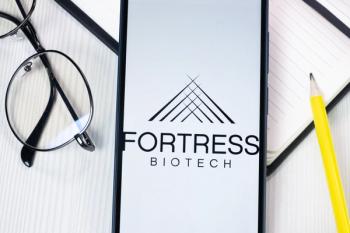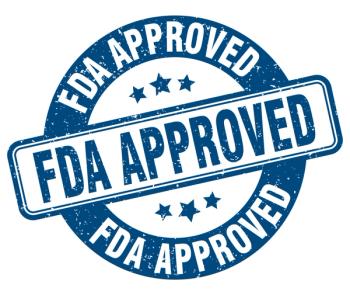
Pharmacists: Beware of nonpediculicide treatments for lice
New products for lice
SELF-CARE
Pharmacists: Beware of nonpediculicides for lice
The dog days of summer have arrived: Ants are marching, crickets are singing, and head lice are eagerly awaiting the start of the school year in September. The question pharmacists must answer is which types of over-the-counter head lice treatments will they recommendpediculicide or nonpediculicide remedies?
Reports of pediculicide-resistant lice over the past several years have spawned a vast market for "all-natural" head lice treatments. Products containing everything from shikakai (Acacia concinna, an Asian herb) to eucalyptus oil claim to aid in the eradication of head lice. In fact, Joan Sawyer, the "Lice Lady" for
Richard J. Pollack, Ph.D., public entomologist at the Harvard School of Public Health, directly refutes that assertion. "I remain unconvinced regarding the utility and basis for the olive oil remedy. Any of the OTC or prescription pediculicides can be fully effective in eliminating populations of head lice susceptible to the active ingredient within the product," he said.
Other products purported to remove head lice completely without using pediculicides include the enzyme-based product Not Nice To Lice, which uses enzymes to devour the critters. The product is claimed to be completely biodegradable upon application, essentially harmless to people, totally effective against head lice and their nits, and to not induce resistant lice.
Pollack, however, is skeptical. "I remain unconvinced of the efficacy of [Not Nice To Lice] and related products," he commented. "I would find it hard to recommend such a product."
Herbal lice treatments also are claimed to be safe and effective, but they have yet to be scientifically tested. "The so-called herbal remedies are based on testimonials, which carry very little weight," said Pollack. "I'm not aware of any objective data that are convincing. I'm not saying [these products] don't work, I'm just saying there is no indication that they do work."
This school season pharmacists and consumers will see a few new products launched in the ongoing battle against lice:
Acu-Life Lice Wash Laundry Detergent, developed by Health Enterprises Inc., North Attleboro, Mass., is a "nontoxic" detergent that kills lice in bedding and clothing. The detergent, containing Tea Tree Oil as the active ingredient, requires 2 oz. per load and can be used in hot or cold water.
Clear Neon Nits, one of two new Clear products from Care Technologies Inc., Darien, Conn., is a bright pink lice egg locator spray that clings to the eggs, causing them to be easily seen and removed. Though the spray does not kill the eggs, it eliminates the need for illumination and magnification devices.
The Clear Lice Infestation Removal Kit combines the Not Nice To Lice enzyme-based mousse cleanser with an extra-fine lice egg comb to produce a "nontoxic" alternative to pediculicides. The enzymes, which naturally kill the lice, do not induce resistance among lice populations. The comb allows the dead lice to be easily removed after the cleanser is applied.
LiceOff Plus, an addition to the LiceOff line from EcoPax International, Eugene, Ore., is a "very inexpensive" alternative to pediculicides. It is made up of pure essential oils based in olive oil. Sold in bulk, this "nontoxic, all-natural treatment" is added to water and then sprayed onto the infested head, where it purportedly immediately kills head lice.
Thursa Herbal Inc. Head Lice Shampoo, from Thursa Herbal Inc., Picton, Ontario, consists of five culinary herbs, vegetable shampoo, cider vinegar, and Castile soap. The chemical-free shampoo causes most nits to fall out during rinse and stuns active lice, allowing them to be easily extracted from the hair.
Despite growing concern over pediculicide-resistant lice, Pollack downplayed the issue. "It is true that some populations of head lice are resistant to certain insecticidal agents," he said. "But other classes of insecticides contained in competing products are likely to suffice. It makes no sense to use nonpediculicidesa pediculicide by definition kills lice, so if you actually have a bona fide active louse infestation, why treat it with something that is not known to be pediculicidal?"
Pollack said that many nonpediculicidal products make "incredible claims" that aren't supported by any objective data. "If pharmacists are interested in selling products that are effective, they should clear their shelves of head lice products that don't appear to be based on any science. Nonpediculicides may make a killing in the marketplace, but I don't think they make a killing on the head. Hopefully these products won't cause any injurythen, at worst, the customer would lose a few dollars."
For more information on head lice, visit Pollack's Web site at
Daniel Ten Kate
Daniel Kate. Pharmacists: Beware of nonpediculicide treatments for lice.
Drug Topics
2001;15:42.
Newsletter
Pharmacy practice is always changing. Stay ahead of the curve with the Drug Topics newsletter and get the latest drug information, industry trends, and patient care tips.























